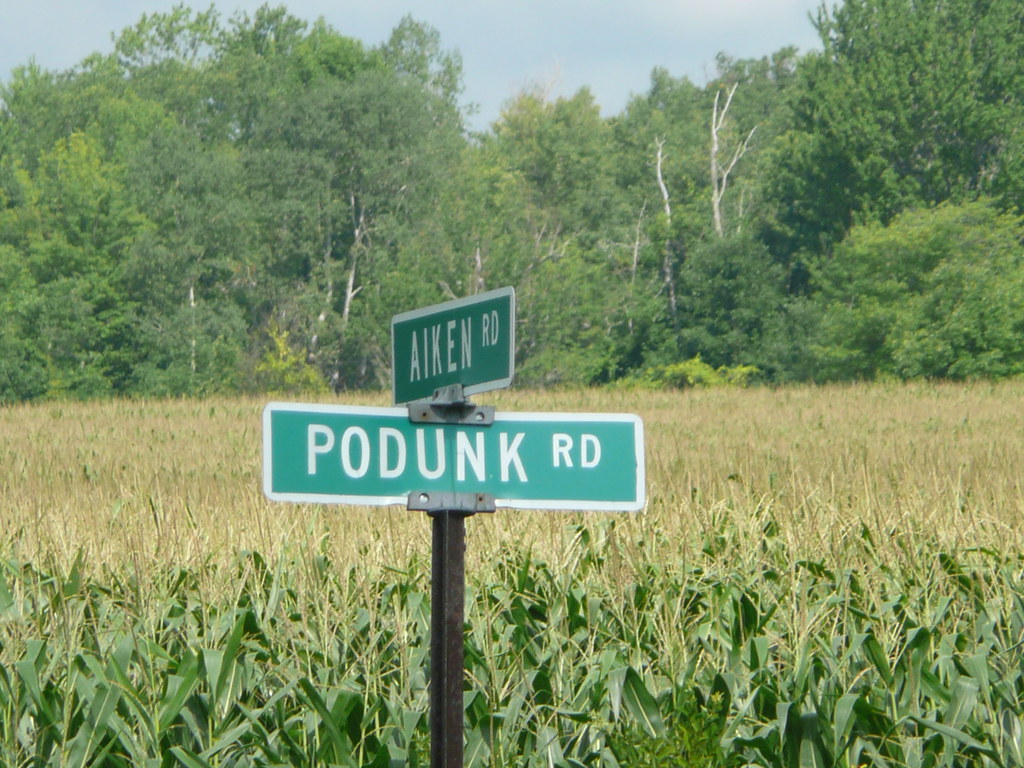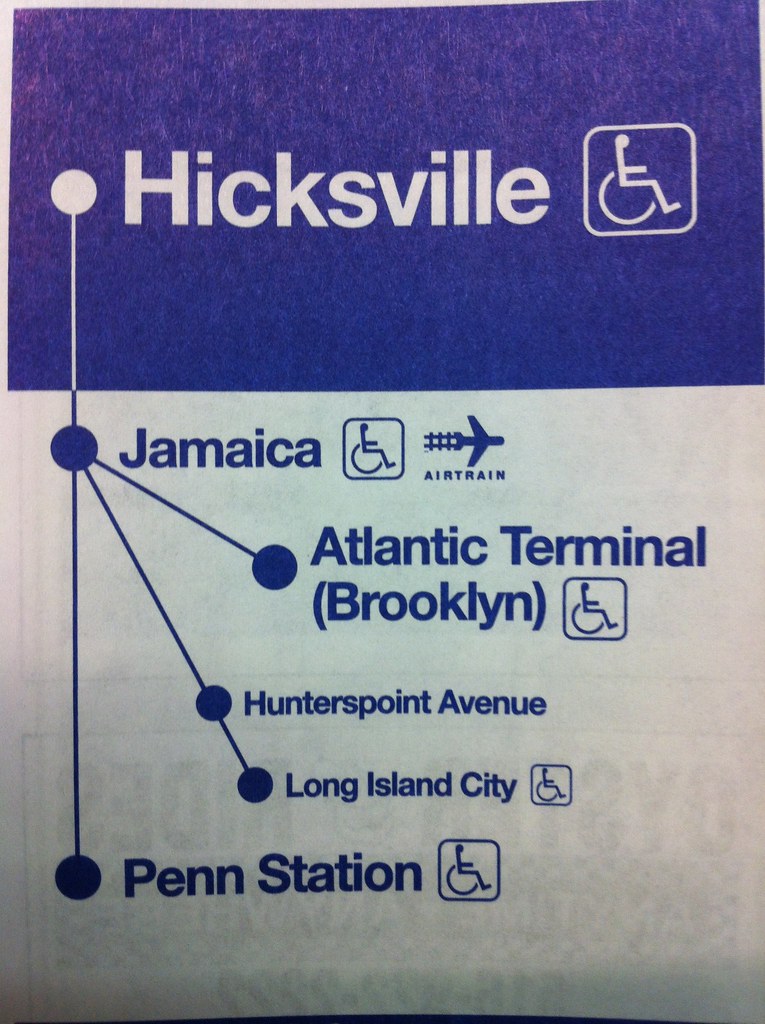I sometimes used synonyms or euphemisms for small, inconsequential places. They even find their way into Twelve Mile Circle articles occasionally. They were just generic terms for middle of nowhere spots where nothing every happened and nothing ever would for the remaining history of the known universe. However, they didn’t really exist. Or did they?
Podunk

I’ve always been partial to Podunk. I’m sure my opinion had a geographic and cultural component. I’d likely favor some other term if I grew-up elsewhere.
The Podunk were a Native American people of Algonquian origin that inhabited an area that later became the modern towns of East Hartford, East Windsor, South Windsor, Manchester and smaller parts of other towns in Connecticut.
“Podunk or Pautunke, means ‘where you sink in mire’, a boggy place, in the Nipmuc dialect… The Podunk tribe consisted of three bands: the Namferoke (Podunk, ‘fishing place’), who lived near the village of Warehouse Point; the Hockanum (Podunk, ‘a hook’, or ‘hook shaped’), led by Tantonimo, who lived near the village still known as Hockanum; and the Scanticook (Nipmuc, ‘at the river fork’), who lived on the north bank of the Scantic River near the section called Weymouth.”
There were various locales and features officially called Podunk, primarily in Connecticut, Massachusetts and New York. The photograph of Aiken and Podunk came from Trumansburg, New York, in the Finger Lakes Region (map).
I was gratified to see that fellow geo-oddity aficionado Steve who writes Connecticut Museum Quest mentioned Podunk in several articles. Clearly, he was no stranger to Podunk.
While the Podunk people occupied a sizable geography, the Geographic Names Information System identified one specific point as Connecticut’s current Podunk. It might have been the only location we didn’t visit on the epic Connecticut Extremes tour a couple of years ago.
East Bumf**k
This section brings immaturity to a new level. No offense is intended. Some readers with delicate sensibilities might want to skip to the next one.

Speaking of euphemisms, readers will simply have to add the appropriate letters for the two asterisks in Bumf**k on their own. This is a family-friendly website. I’ve used East Bumf**k on occasion, especially verbally. Also, Bumblef**k is another entertaining variation. I can’t say I’ve used Bumf**k Egypt myself although I know that one gets fairly common usage too. Seriously though, would anyone name a place Bumf**k? Well, no. So there’s still hope for this world.
Still, I had an obligation to check anyway. The 12MC audience would have been disappointed if I hadn’t at least given it a shot. I found something almost as bewildering and inexplicable in GNIS.
Others discovered this little gem long ago, including one gentleman who hiked to the summit of Bumfagging Hill. One of the people who commented on his feat speculated that it… “derives from ‘bumfeg,’, which the Oxford English Dictionary defines as an (obsolete) humorous synonym for ‘to flog, thrash.’ Maybe the colonists flogged their laundry up there, or thrashed miscreants.” It sounded plausible enough to me.
In that case Bumfagon Brook (map), also in New Hampshire, likely had a similar etymology. I wonder how all of those NASCAR fans at New Hampshire Motor Speedway felt about their uncomfortably close proximity to Bumfagon Brook as they hooted and hollered for the next wreck?
Hicksville

I wasn’t sure why Hicksville (map) became a generic term for an unsophisticated hamlet far removed from civilization. Hicksville in New York had a population of greater than forty thousand residents at the 2010 Census — hardly insignificant — and a median household income of $91,331 per year.
According to “The City in Slang“,
“Several names for small towns just extend epithets for provincial people, usually forming them with the suffixes -ville, -town, and -burg… the use of hicksville in New York was surely reinforced by the fact that the real city of Hicksville (an utterly coincident name) was nearby on Long Island.”
That made sense.
A Few More
GNIS included entries and lat/long coordinates for all of the following places or features aligning with the theme:
- Jerkwater, Pennsylvania (map)
- Flyspeck Waterhole, Oregon (map)
- One Horse, Arkansas (map)
- Boondock Tank, Arizona (map)
- Sticks, Pennsylvania (map)
- The Backwaters, Indiana (map)
As some might say, “Thank God we live in this quiet, little pissant, redneck, podunk, jerkwater, greenhorn, one-horse, mudhole, peckerwood, right-wing, whistle-stop, hobnail, truck-driving, old-fashioned, hayseed, inbred, unkempt, out-of-date, white trash mountain town!“

Comments
4 responses to “Insignificant Synonyms”
Apropos of nothing, but it just popped up when I read this post.
What’s wrong with Cashell Road? Oh… the other one…
Hicksville got its name from an early settler, Valentine Hicks. Today it has one of highest percentages of Indians (in the subcontinental sense) of any city in the country.
When the “East _________” city is instead “__________ Egypt”, I have generally seen it given a pseudo-Arabic spelling, with the F becoming PH and the CK becoming a Q. My wife and I often refer to “BPE” as a result.
I’ve had more than one person try to tell me that this is a real place. Needless to say, evidence has been lacking when requested. 😉